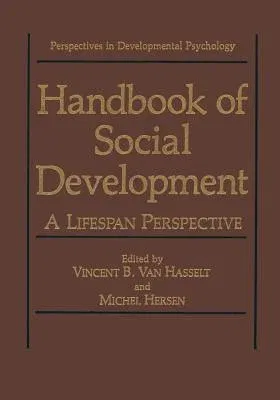Handbook of Social Development: A Lifespan Perspective (Softcover Reprint of the Original 1st 1992)Paperback - Softcover Reprint of the Original 1st 1992, 17 June 2013

Qty
1
Turbo
Ships in 2 - 3 days
In Stock
Free Delivery
Cash on Delivery
15 Days
Free Returns
Secure Checkout
Part of Series
Perspectives in Developmental Psychology
Print Length
608 pages
Language
English
Publisher
Springer
Date Published
17 Jun 2013
ISBN-10
1489906967
ISBN-13
9781489906960
Description
Product Details
Book Edition:
Softcover Reprint of the Original 1st 1992
Book Format:
Paperback
Country of Origin:
NL
Date Published:
17 June 2013
Dimensions:
25.4 x
17.78 x
3.2 cm
ISBN-10:
1489906967
ISBN-13:
9781489906960
Language:
English
Location:
New York, NY
Pages:
608
Publisher:
Weight:
1065.94 gm

